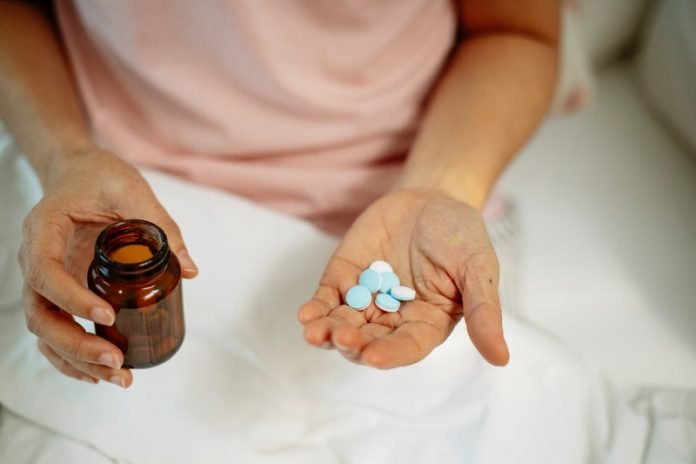
In a new study from the University of Minnesota, researchers found a possible new approach to preventing death and severe disease in elderly people infected with SARS-CoV-2.
They found that senolytic drugs may strongly reduce mortality upon infection from a beta-coronavirus closely related to SARS-CoV-2.
Senescent cells—which are cells in the body that are damaged—contribute to inflammation, multiple chronic diseases and age-related loss of resilience, and they accumulate in our body as we age.
Senolytic drugs, previously co-discovered by the researchers, selectively remove senescent cells from the body.
The COVID-19 pandemic has revealed the pronounced vulnerability of the elderly and chronically-ill to morbidity and mortality induced by SARS-CoV-2.
The research team sought to discover why older people are more vulnerable to these adverse outcomes.
They hypothesized it was senescent cells and removing them with senolytics would dial back inflammation and enable an improved response to viral infection.
The researchers found that older mice exposed for the first time to a mouse beta-coronavirus experienced nearly 100% mortality, whereas young mice barely got sick.
When they treated the older mice with senolytic drugs following infection, their survival rate increased to 50%. The senolytic drugs reduced mortality, cellular senescence and inflammatory markers and increased anti-viral antibodies.
The team says they have been working on a new approach to help the elderly remain healthy, which is to find therapeutics to treat aging rather than treating each individual disease associated with old age.
The fact that senolytics worked to protect old organisms from a viral infection proves that approach is accurate.
By getting rid of a piece of aging biology, senescent cells, with senolytics, the older mice were able to withstand the stress of infection.
This suggests that reducing the burden of senescent cells in ill or elderly individuals could improve their resilience and reduce their risk of dying from COVID-19.
The team plans to study if senescent cells contribute to the long-hauler effect in many COVID-19 survivors.
If you care about COVID, please read studies about a big signature of severe COVID-19 and findings of cholesterol-lowering drugs may help people survive severe COVID-19.
For more information about COVID and your health, please see recent studies about this surgery could reduce risk of severe COVID-19 and results showing that this nutrient supplement may help prevent severe COVID-19, boost recovery.
The study is published in Science. One author of the study is Laura Niedernhofer, MD, Ph.D.
Copyright © 2021 Knowridge Science Report. All rights reserved.



